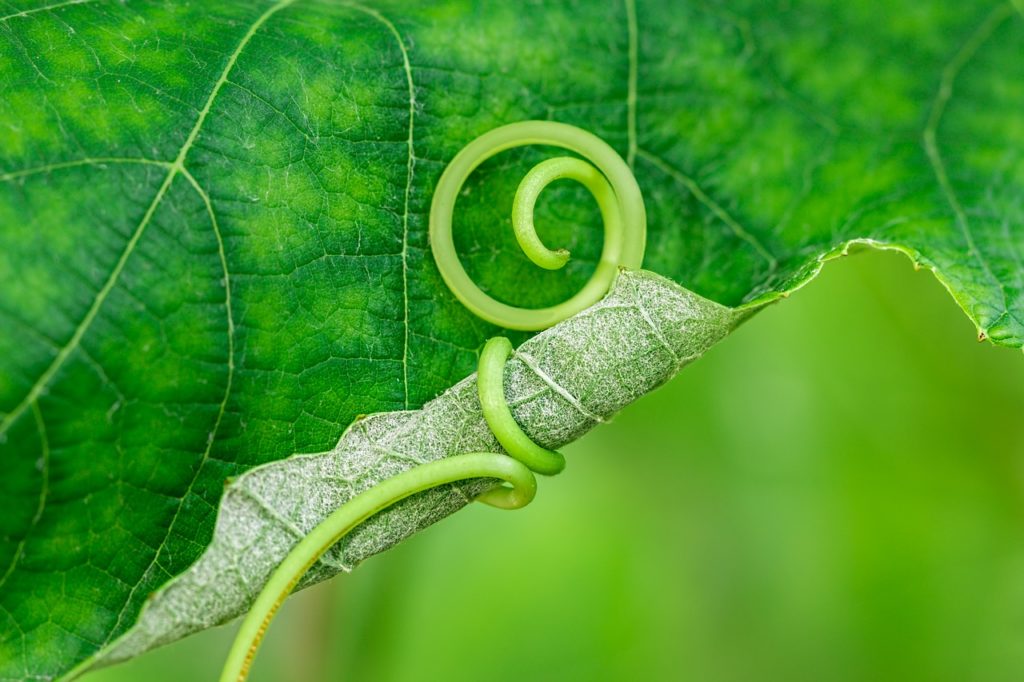School for MultiSpecies Knowledges
The School for MultiSpecies Knowledges is a multi-year project organised by Zone2Source with Irina Shapiro of Open Set. Together with participants and audiences, the School explores new learning environments to rethink our relationship with other organisms and its implications for how we live together. The results will be compiled into an exhibition and a series of workshops and discussions. The previous edition of the School for MultiSpecies Knowledges took place on May 27, 2021 for day #1, and June 28, 2021 for day #2. The next School for MultiSpecies Knowledges will take place during the Shadow Floriade from May 14 – July 3, 2022. The open call for the School is currently running, click here for more information and application criteria.
School for MultiSpecies Knowledges 2022
The application deadline for the School for MultiSpecies School 2022 open call has passed. On 14 May, the public launch of the School will take place from 11:00. From 18 June – 3 July, the School’s research will be displayed in a public exhibition and there will also be a festive finissage on 3 July.
This year’s research question is: What tactics do we need to tune into the measure of other lives around us? And, what ways of public participation can we develop and deploy to bring people into these explorations?

More about the School for MultiSpecies Knowledges
“Especially in difficult times (…) it is the garden that is the training ground for the creativity and wisdom that will enable us to recreate the world “
– Prof Erik A. de Jong paraphrasing Justus Lipsius (1547-1606)
To explore what it means to be human on a multi-species planet, Zone2Source joins forces with Open Set, platform for art/design & research, in the development of a multi-year School for MultiSpecies Knowledges.The Amstelpark becomes an alternative learning environment in which artists, designers and researchers from various disciplinary and cultural backgrounds come together to search for practices, knowledge and technologies that emerge from post-humanist and post-anthropocentric discourses to rethink the relation we have to our environment. What tactics do we need for – as philosopher of science Isabelle Stengers calls it – an ‘ecology of practices’, in which multi-sensory embodied knowledge and care become part of our relationship to nature again? What do we actually mean by embodied knowledge and multi-species communities—how do you do that, how does that feel, what does it take, and what behaviors and experiences are part of it? We experiment in the park and use rhythm analysis (often applied in urban planning) as an alternative method to tune in to the different rhythms of living organisms. As a previous location for an international horticultural exhibition, the Floriade of 1972, the Amstelpark is the perfect place to learn new stories, experiences and practices for nature-cultures.
A central question is:What happens when we consider that our city is inhabited by billions of lives instead of just a million people? What does this mean for how we live and work together? How are we going to act, experience, plan and design if life is the center of our value systems instead of humans? What knowledge, institutions, technologies and design interventions can this lead us to?
The first 2 months, there are weekly sessions with a group of 10 participants where guest experts and visitors are welcome. It is a school in which everyone learns and together we experiment in the Amstelpark and investigate which tactics and methods we can apply to the sustainable development of multi-specific societies. The last six weeks, the participants in the Orangerie work on developing and presenting a public program with installations, expeditions, workshops, and interactive performances where a diverse audience is taken along in experiencing our entanglement with our environment.
The biggest problem of our current climate crisis is the difficulty of engaging the public, because the problem seems too big and impossible to address, leading to indifference, lethargy or despair. We believe that the climate crisis is first and foremost a cultural crisis and a crisis of how we define what it is like to be human on a multi-species earth. How can we involve people in a positive and creative way in rediscovering our dependence on the environment? The aim of the School of Multi Media Knowledges is to jointly develop public forms in a city park that involves everyone, young and old, to explore new relationships with nature together. We open artistic research to a wide audience and show the results of the sessions in a public lab with a program of installations, interventions, performative actions, exercises, expeditions and workshops outside in the park and in the Orangerie.
